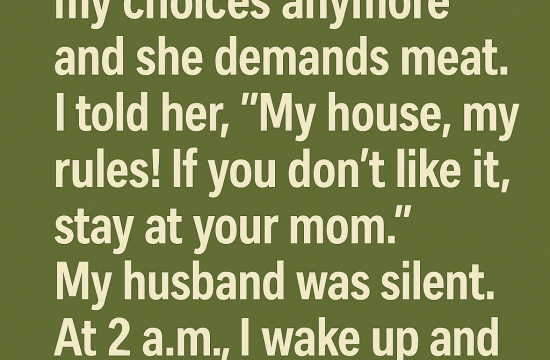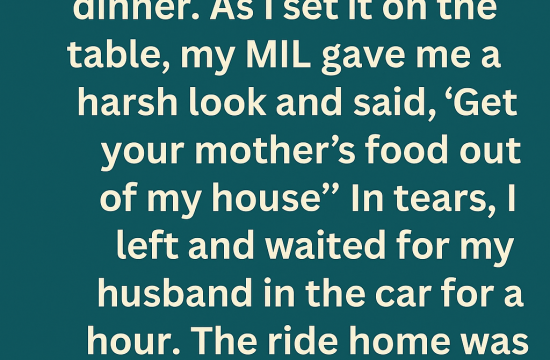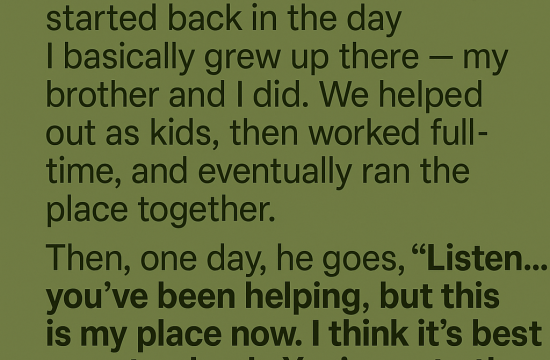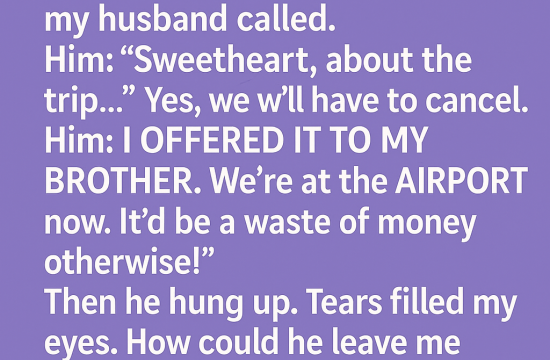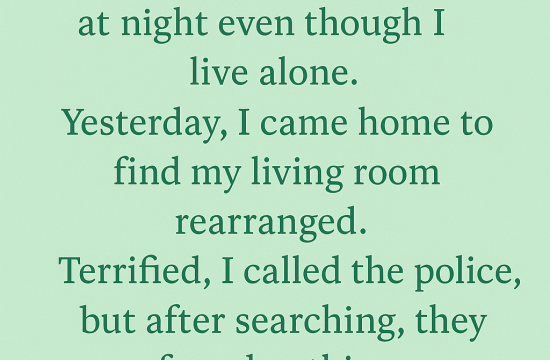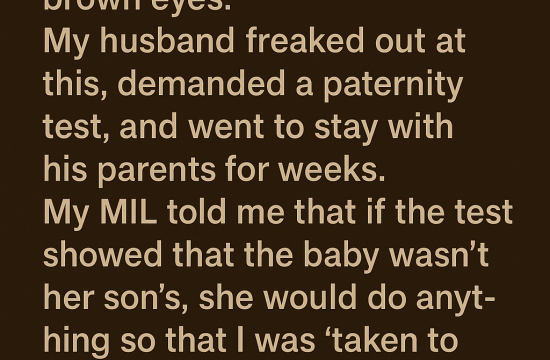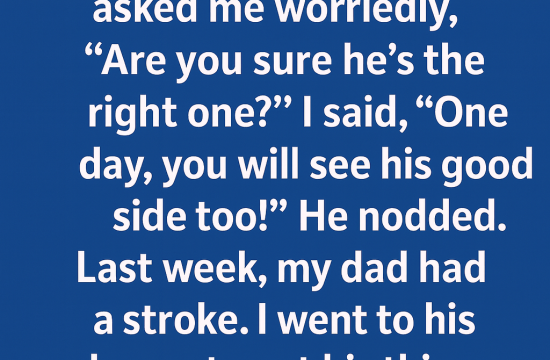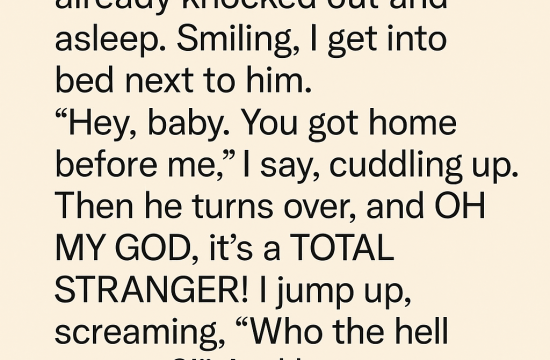Six weeks ago, on the way home from preschool, my four-year-old daughter, Tess, casually mentioned her “other mom.” My hands tightened on the steering wheel as she explained that “Mom Lizzie” said I was the evil one—and that soon, she and Daddy would take Tess to the ocean.
Her innocence was a knife I hadn’t braced for.
I drove straight to my mother’s house. While Tess played with her dolls and munched on cookies, I sat on Gran’s sofa, crumbling inside.
When Tess finally napped, I pulled out the nanny cam footage I had avoided for weeks. There it was—Lizzie and my husband, Daniel. Too close. Too comfortable. Too intimate. I didn’t scream. I took screenshots. I printed them. Then I called my lawyer.
When Daniel finally rang, voice trembling, I let him talk. Then I hung up. Quietly. Cleanly.
The divorce moved fast. I never used Tess as leverage—she deserved peace, not punishment. A few weeks later, I took her to the ocean—with Gran. She laughed in the surf, squealing with joy, and as the sun dipped low, she whispered, “I love you the most.”
I let myself cry. Softly. Freely. Safe in the knowledge that she felt secure, cherished, and whole.
Back home, Lizzie hosted Tess’s birthday and awkwardly handed me a cupcake. “I didn’t mean to hurt you,” she said.
I looked her in the eyes and asked, “Then why did Tess think I was the evil one?”
She had no answer. Just silence.
That night, curled in bed, Tess looked at me and asked, “Was your crying happy or sad?”
“Both,” I whispered.
And she nodded, satisfied—because she knew, no matter what, she was deeply, truly loved.




